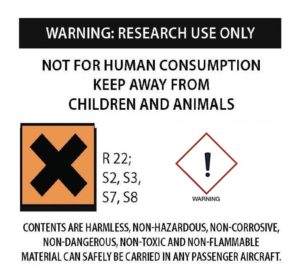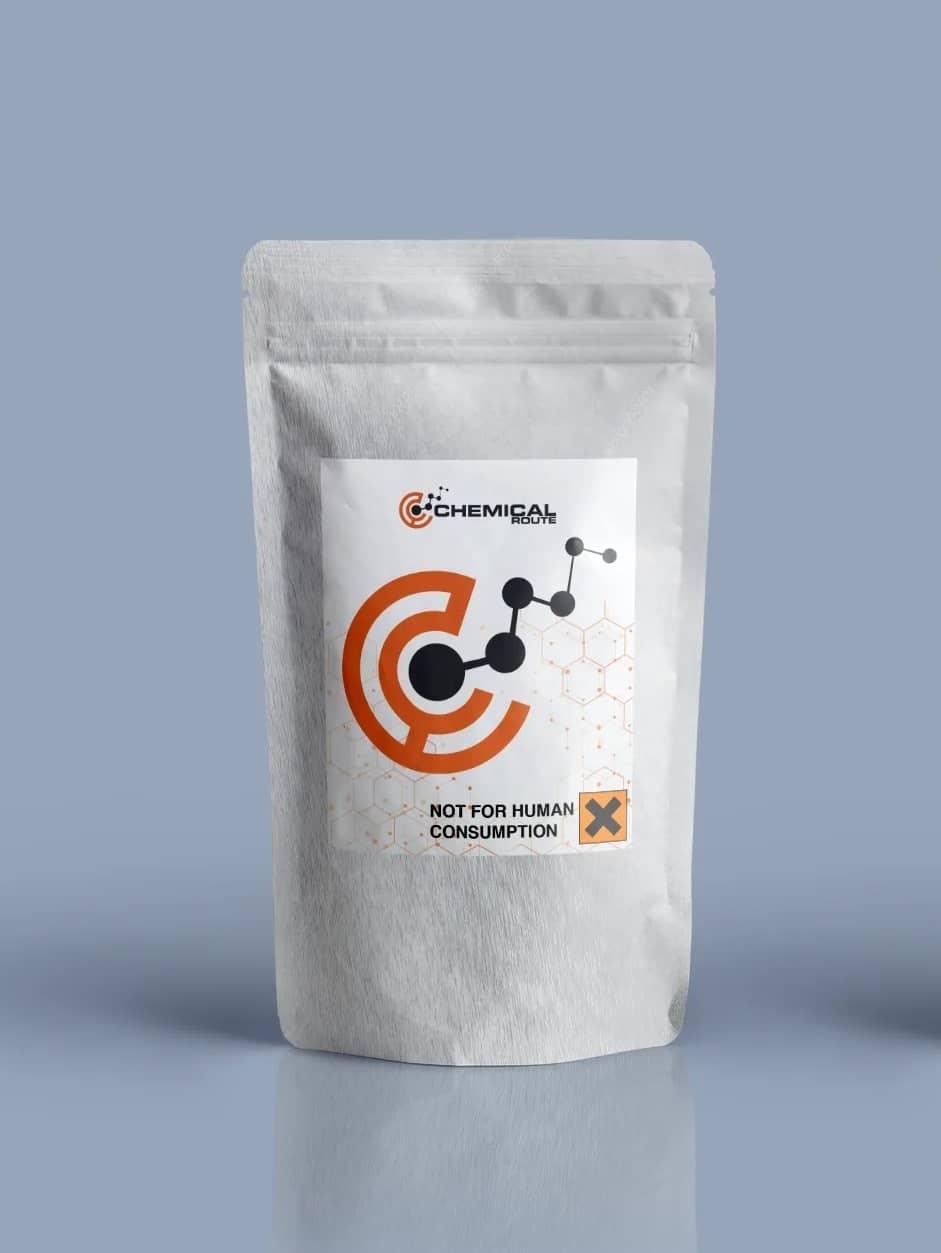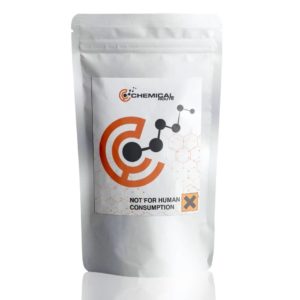Description
4-MTA
Product information
IUPAC-name 1-[4-(Methylsulfanyl)phenyl]propan-2-amine
Synonyms 4-MTA, 4-Methylthioamphetamine, P 1882
Formal name α-
Cas number 14116-06-4, 94784-92-6
Formula C10H15NS, C10H15NS • HCl
Molar Mass 181.30 g·mol−1
Purity 98.0 % min.
Formulation Powder, Solid, Crystals
Solubility
- DMF: 10 mg/ml
- DMSO: 10 mg/ml
- Ethanol: 11 mg/ml
- PBS (pH 7.2): 5 mg/ml
4-MTA, 4-Methylthioamphetamine, P 1882
A class of drugs known as 4-methylthioamphetamine, or 4-MTA, was developed in the 1990s by a group led by David Nichols, a medical and pharmacologist at Purdue University. It is a non-psychoactive serotonin releasing agent that can be safely used in animals.
Although 4-MTA was initially developed for research, it was later revealed that it can be used as a dangerous drug. According to Nichols, he was shocked to learn that the drug was being used as a gateway to illicit substances. He said he was sad to see that the drug had become a common illicit substance.
For his study, Nichols aimed to find a way to use 4-MTA in psychotherapy. He was motivated by the idea that it could help treat depression. Through his research, he was able to develop molecules that have similar structures to 4-MTA. From 1992 to 1997, he and his team published multiple studies on the effects of 4-MTA in rats. They also believed that it could be used as a replacement for the antidepressant drug Prozac.
Without the knowledge of the researchers, other people were able to produce 4-MTA by adding it to tablets that were known as flatliners. According to Nichols’ laboratory, the rats that were exposed to 4-MTA experienced the same effects as ecstasy. He also stated that he had no concerns about the safety of his work.
The toxicological and physiological properties of this compound has not been analyzed. Usage of this Chemical should be for research and forensic purposes only.
WARNING This product is not for human or veterinary use.

This product is only available to persons of 21 years old and above.
Hazard statement(s)
| H302 | Harmful if swallowed |
| H315 | Causes skin irritation |
| H319 | Causes serious eye irritation |
| H332 | Harmful if inhaled |
| H335 | cause respiratory irritation |
| H336 | cause drowsiness or dizziness |
| Precautionary statement(s) | |
| P264 | Wash hands thoroughly after handling |
| P280 | protective gloves/protective clothing/eye protection/face protection |
| P305 + P351 + P338 | IF IN EYES: Rinse cautiously with for several minutes. Remove contact lenses, if present and easy to do. Continue rinsing. |
| P337 + P313 | If eye irritation persists: Get medical advice/attention |
| P261 | Avoid breathing dust/ fume/ gas/ mist/ vapors/ spray |
| P271 | Use only outdoors or in a well-ventilated area |
| P304 + P340 | IF INHALED: Remove victim to fresh air and keep at rest in a position comfortable for breathing |
| P312 | Call a POISON CENTER or doctor/physician if you feel unwell |
| P403 + P233 | Store in a well-ventilated place. Keep container tightly closed |
| P405 | Store locked up |
| P501 | Dispose of contents/container to a licensed disposal company |



Reviews
There are no reviews yet.